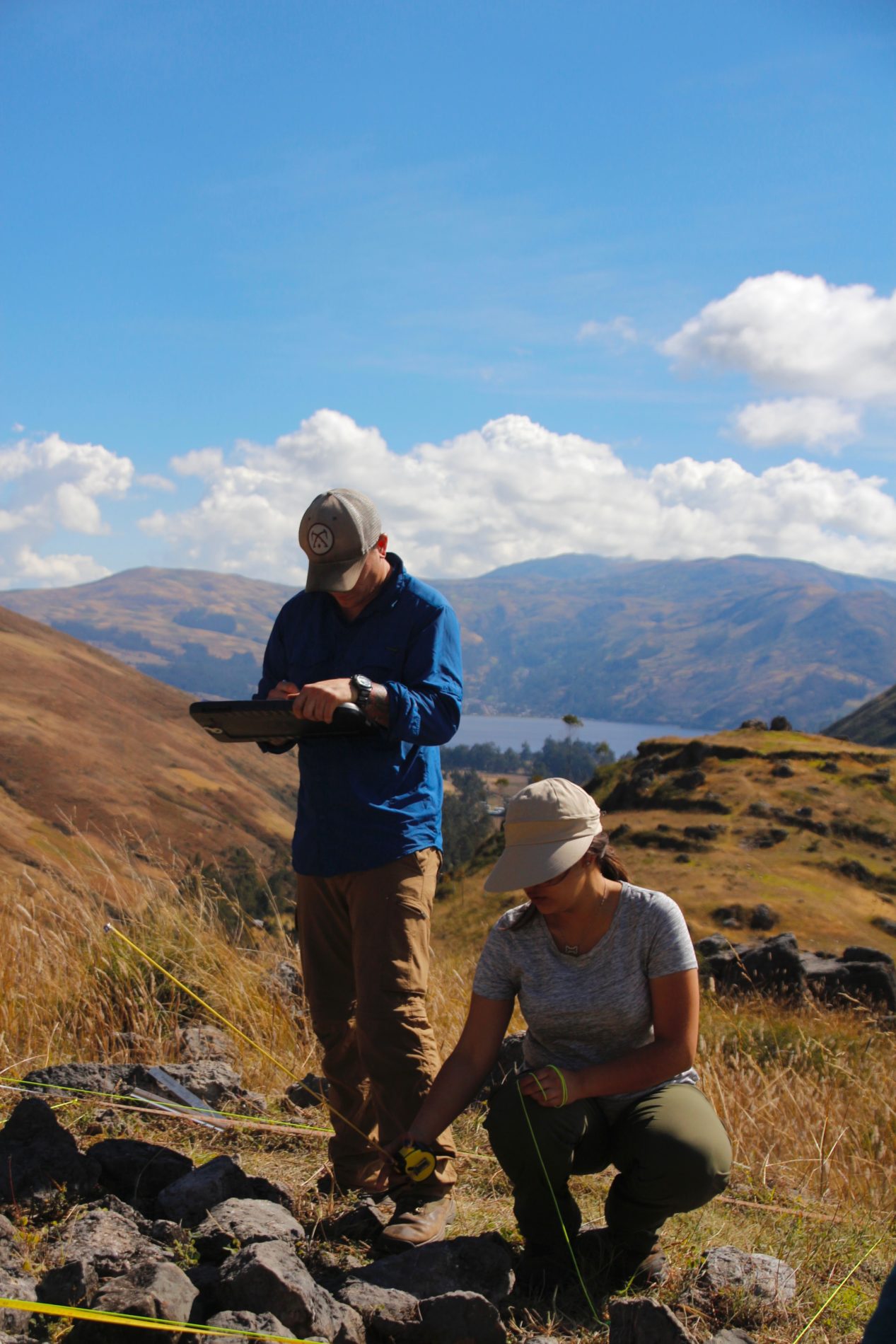By Dr. Ran Boytner
 The IFR is proud to become an institutional partner of the new Coalition for Archaeological Synthesis (CfAS). The CfAS is the outcome of a workshop held at the School for Advanced Research (Santa Fe, NM) in 2017. Its goals are to fund innovative, collaborative synthetic research. It aims to rapidly advances our understanding of the past in ways that contribute to solutions to contemporary problems, for the benefit of society in all its diversity. This will be accomplished through the analysis and synthesis of existing archaeological and associated data from multiple cultures, at multiple spatial and temporal scales.
The IFR is proud to become an institutional partner of the new Coalition for Archaeological Synthesis (CfAS). The CfAS is the outcome of a workshop held at the School for Advanced Research (Santa Fe, NM) in 2017. Its goals are to fund innovative, collaborative synthetic research. It aims to rapidly advances our understanding of the past in ways that contribute to solutions to contemporary problems, for the benefit of society in all its diversity. This will be accomplished through the analysis and synthesis of existing archaeological and associated data from multiple cultures, at multiple spatial and temporal scales.
We hope you will join us and become a CfAS Associate. It is free and will allow you to receive email bulletins & notices of CfAS funding opportunities. If you are part of private or public organizations that provide essential scholarly, computational, educational, or public outreach infrastructure for archaeology, consider becoming a CfAS Partner and help elect the CfAS Board of Directors. Why is this important?
It is essential that archaeologists continue to discover and document endangered cultural heritage and pursue problem-oriented field research. However, it is equally important that archaeologists devote much more effort to accessing, analyzing, and comparing disparate data sets to produce explanations and insights buy alprazolam pills about human behavior that could never emerge from the analysis of individual projects. In collaboration with scientists in other disciplines, archaeologists need to conduct synthetic research that enjoys institutional and infrastructural support beyond what could accomplished through grant-funded initiatives at individual universities or research institutes.

CfAS is emulating similar concepts in sister disciplines. The National Center for Ecological Analysis and Synthesis (NCEAS) serves as the prototype. It has inspired and copied wholly or in large part in a number of scientific fields, such as the National Evolutionary Synthesis Center, the National Socio-Environmental Synthesis Center, and the National Institute for Mathematical and Biological Synthesis. It is now archaeology’s turn.For reasons both of potential funding and of archaeology’s history and culture, CfAS was created as a “bottom-up” structure. It will use the expertise, services and facilities of existing US and international organizations that are committed to promoting synthesis. Such an effort should leverage data from multiple cultures and from multiple spatial and temporal scales to address important social issues and problems. To learn more about CfAS, please read this article, recently published at the Proceedings of the National Academy of Sciences (vol. 114 | no. 42 | 10999–11002).
Supporting the CfAS’s mission, the IFR created the Australia-Database field school, where students can be trained in the necessary computational techniques to support large-scale data analysis. Please help us spread the word and encourage students to apply to this program.

